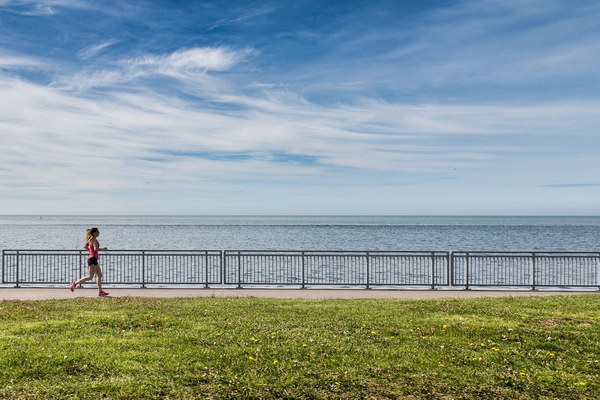Essential Tips for Maintaining Kidney Health A Comprehensive Guide to Daily Care
The kidneys play a crucial role in maintaining the body's overall health by filtering waste and excess fluids from the blood. Unfortunately, many people overlook the importance of kidney health until it's too late. To ensure your kidneys remain in optimal condition, here are essential tips for maintaining kidney health on a daily basis.
1. Stay Hydrated
Proper hydration is essential for kidney function. Drinking plenty of water helps flush out waste products and toxins from the body, reducing the risk of kidney stones and infections. Aim for at least 8 glasses of water per day, and increase your intake if you're physically active or live in a hot climate.
2. Follow a Balanced Diet
A well-balanced diet can help maintain kidney health by providing essential nutrients while minimizing the risk of kidney disease. Include a variety of fruits, vegetables, whole grains, lean proteins, and healthy fats in your diet. Limit your intake of sodium, as excessive salt can lead to high blood pressure and damage the kidneys.
3. Exercise Regularly
Regular physical activity can improve kidney function and reduce the risk of kidney disease. Exercise helps maintain a healthy weight, which can lower the risk of developing diabetes and hypertension – two conditions that can harm the kidneys. Aim for at least 150 minutes of moderate-intensity aerobic exercise or 75 minutes of vigorous aerobic exercise each week, along with muscle-strengthening activities on two or more days per week.
4. Avoid Smoking and Limit Alcohol
Smoking and excessive alcohol consumption can harm the kidneys. Smoking increases the risk of kidney disease and worsens the progression of kidney damage in those who already have kidney problems. Limiting alcohol intake to moderate levels (up to one drink per day for women and up to two drinks per day for men) can help protect your kidneys.
5. Monitor Blood Pressure
High blood pressure is a leading cause of chronic kidney disease. Keeping your blood pressure within a healthy range is crucial for kidney health. Work with your healthcare provider to manage your blood pressure through lifestyle changes and, if necessary, medication.
6. Manage Diabetes
Diabetes is another common cause of kidney damage. If you have diabetes, it's essential to manage your blood sugar levels through medication, diet, and regular exercise. Regular monitoring and close collaboration with your healthcare team can help prevent or slow the progression of kidney disease.
7. Regular Check-ups
Regular visits to your healthcare provider are essential for monitoring kidney health. Routine blood and urine tests can detect early signs of kidney damage, allowing for timely intervention and treatment.
8. Be Mindful of Over-the-Counter Medications
Some over-the-counter medications, such as nonsteroidal anti-inflammatory drugs (NSAIDs) and certain pain relievers, can be harmful to the kidneys. Always consult with your healthcare provider before taking any new medication, especially if you have pre-existing kidney issues.

9. Manage Chronic Conditions
Chronic conditions such as heart disease, high cholesterol, and obesity can increase the risk of kidney disease. Work with your healthcare provider to manage these conditions effectively, as maintaining overall health can also help protect your kidneys.
In conclusion, maintaining kidney health is essential for overall well-being. By following these tips for daily care, you can help ensure your kidneys remain in optimal condition and reduce the risk of kidney disease. Always consult with your healthcare provider for personalized advice and support.









